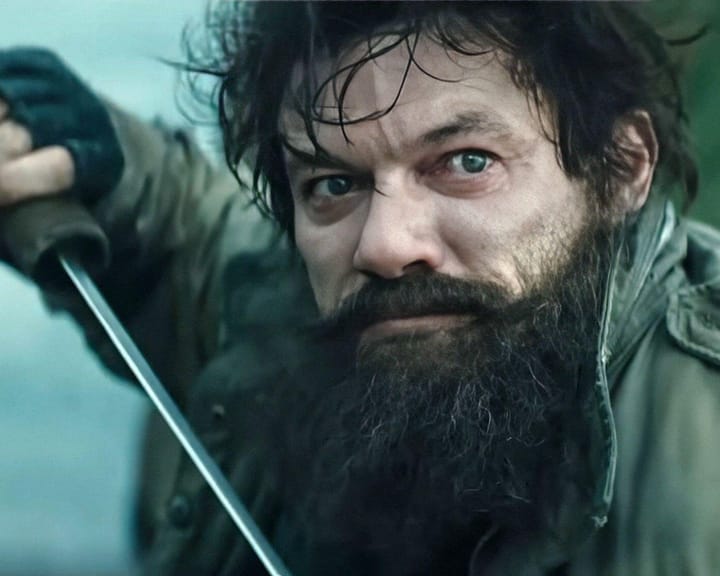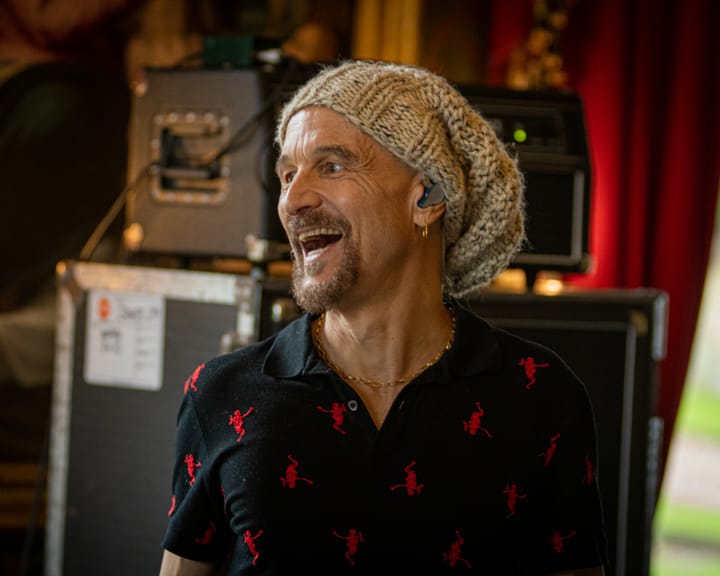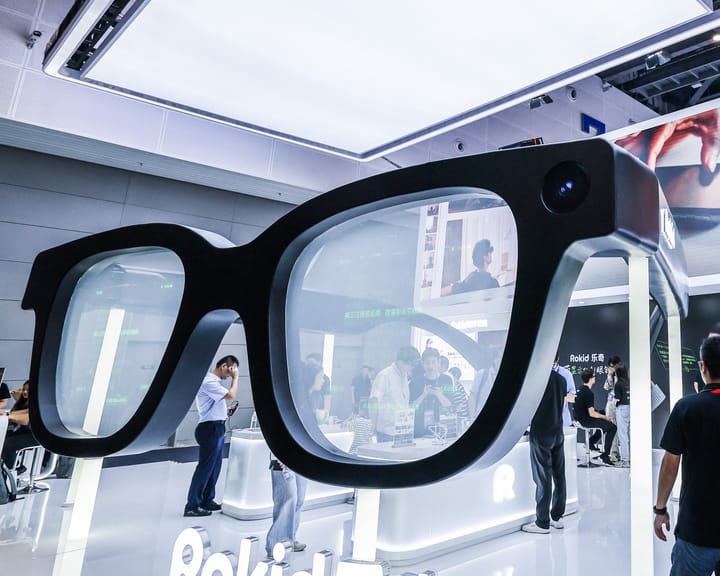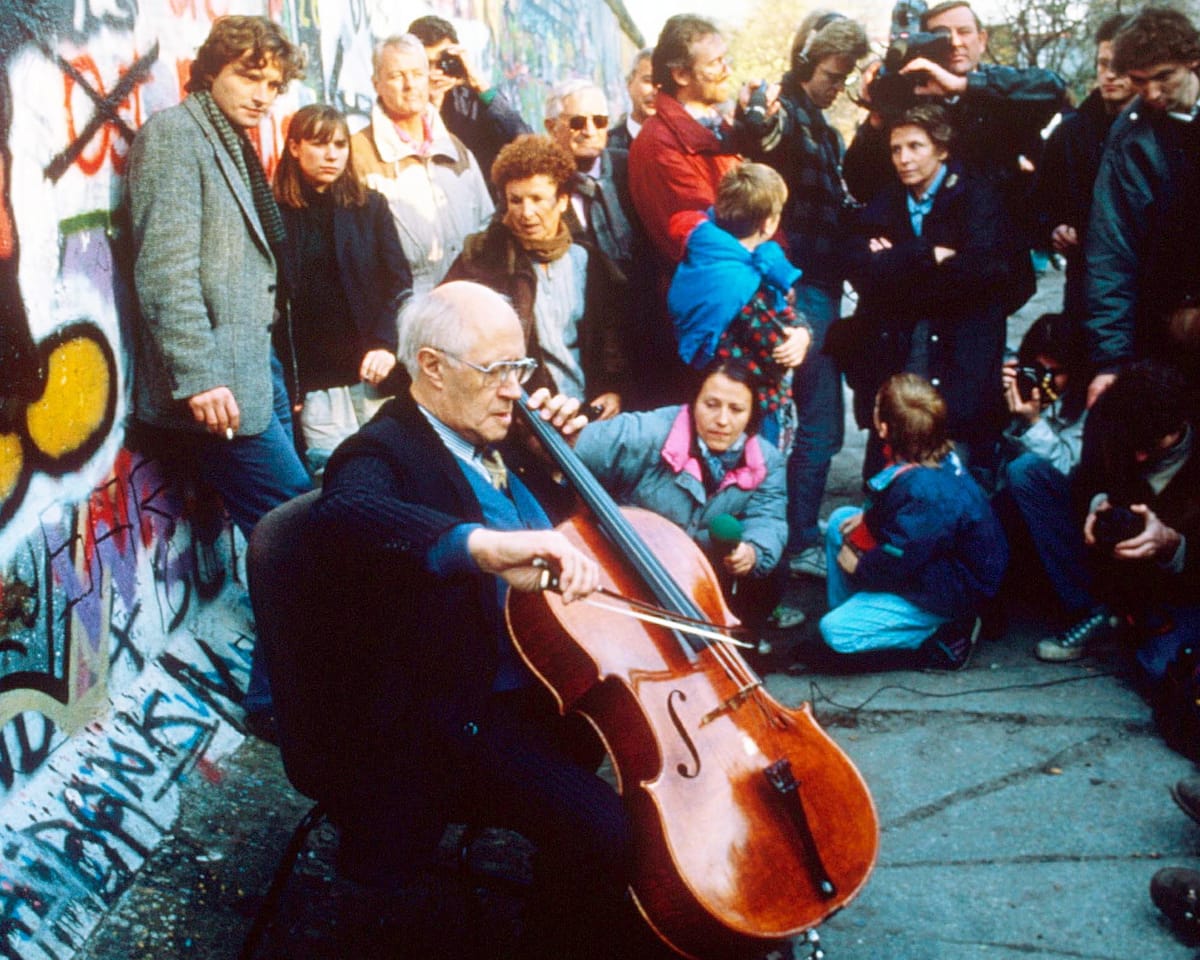One of my earliest concert memories dates back to October 1965, when my father drove us to Manchester to hear Mstislav Rostropovich perform at the Free Trade Hall. He played Dvořák’s cello concerto with the Moscow Philharmonic, who opened with a symphony by Tikhon Khrennikov and concluded with one by Brahms. Rostropovich’s masterful playing left a deep impression on me—I had never encountered a musician like him before.
At the time, however, tensions of the Cold War were at their peak. The Cuban missile crisis had unfolded less than three years earlier, the Berlin Wall was still a recent division, and the Vietnam War was intensifying. That summer, I had read *The Spy Who Came in from the Cold*, and the film adaptation, starring Richard Burton, was set to release by year’s end.
A performance by a Soviet orchestra, featuring a piece by a prominent Soviet cultural figure and a renowned cellist whose advocacy for human rights was not yet widely recognized—and whose background included a Stalin Prize—carried heavy political undertones. It could have been seen as more than just an artistic event, perhaps even as an engagement with an ideological opponent.
Politics certainly played a role. The Soviet Union would have assessed the risk of another high-profile defection—Rudolf Nureyev had famously defected just four years earlier—but likely deemed the cultural exchange valuable in projecting influence. Similarly, British authorities would have considered these factors before granting visas.
Many in the audience, too, attended with more than music in mind. My father, a devoted communist and music enthusiast, owned Rostropovich’s recording of the Dvořák concerto. Yet I suspect he bought tickets not only for the music but also to express solidarity with the Soviet visitors and to support efforts in easing tensions between Britain and the USSR.
I don’t recall any protests inside or outside the Free Trade Hall that evening, though I could be mistaken. If so, I apologize for the oversight. But their absence wouldn’t have surprised those familiar with the era. The 1960s were a time of near-total estrangement between the West and Soviet-aligned nations, with travel restricted for ordinary citizens on either side. Yet cultural exchanges persisted.
Despite occasional defections, Soviet musicians and dancers—even the Red Army Ensemble—toured regularly during the Cold War. Artists like Sviatoslav Richter, David and Igor Oistrakh, Emil Gilels, Gennady Rozhdestvensky, and Rostropovich frequently performed in the West, while figures such as Leonard Bernstein, Glenn Gould, and Britain’s John Ogdon achieved acclaim in Moscow.
Read next

Worldbreaker review – Luke Evans delivers a warm, bear‑hug performance in a thin sci‑fi survival drama
It may be coincidence, but many recent action films now centre on adult men and their daughters—or female stand‑ins—fighting to survive. The men are portrayed as both hardened combatants and protective fathers who train their girls to fight as fiercely as any man, preparing them for a

Tim Booth admits he made love to Brian Eno’s music by age 18: his candid playlist
The first song I fell in love with
My older sister, Penny, introduced me to Leonard Cohen’s “So Long, Marianne” when I was eight, as if to mark a rite of passage: “Now you’ve heard a true poet.” The track felt like contraband, starkly different from the pop

Tech moguls crave validation—why not simply stop paying attention?
There is a well-known pattern that tracks the initial excitement and frenzy around new technology, followed by a sharp decline when it fails to meet expectations.
This concept, first introduced in 1995 during the dotcom era, now applies to artificial intelligence. Currently, we are at the high point of overblown

